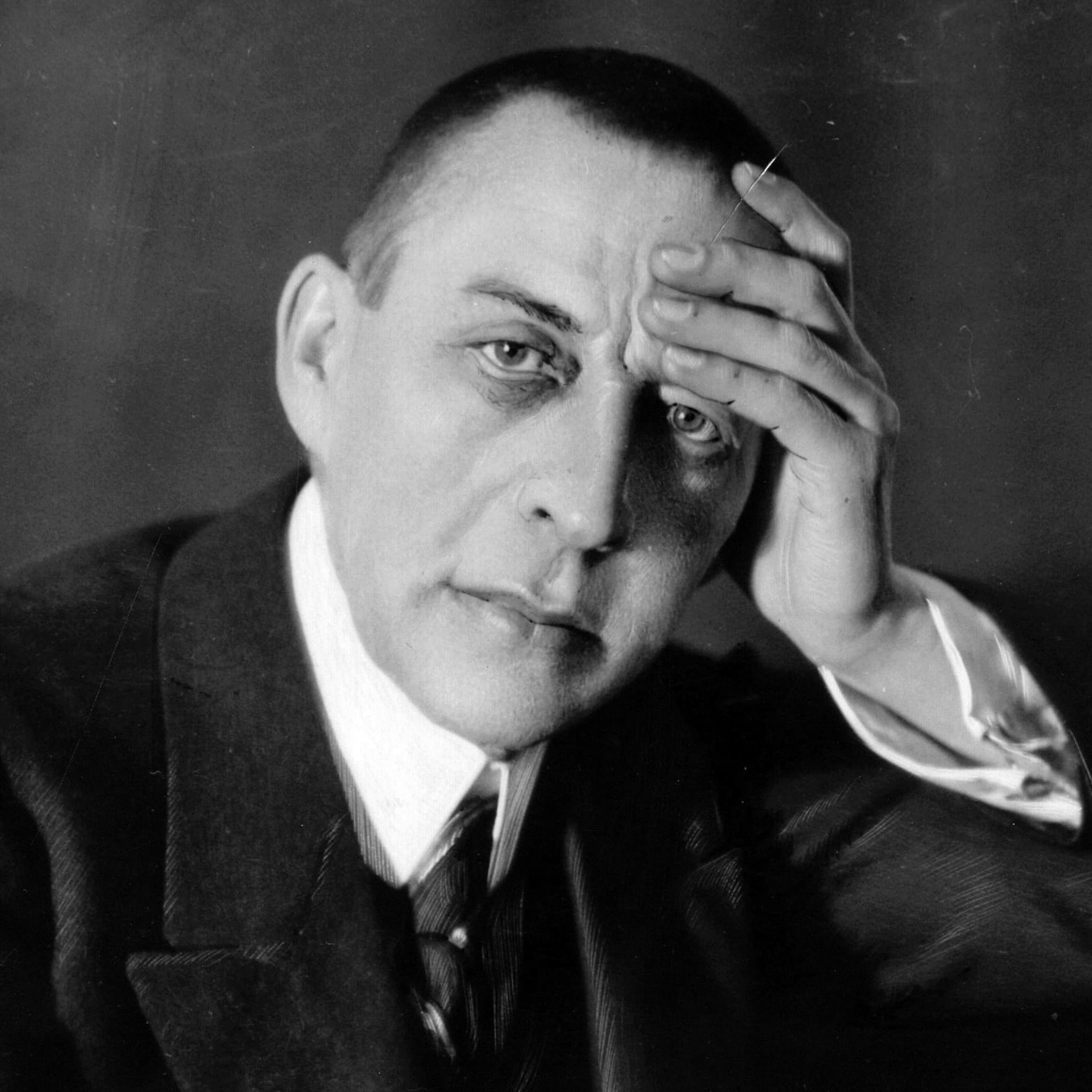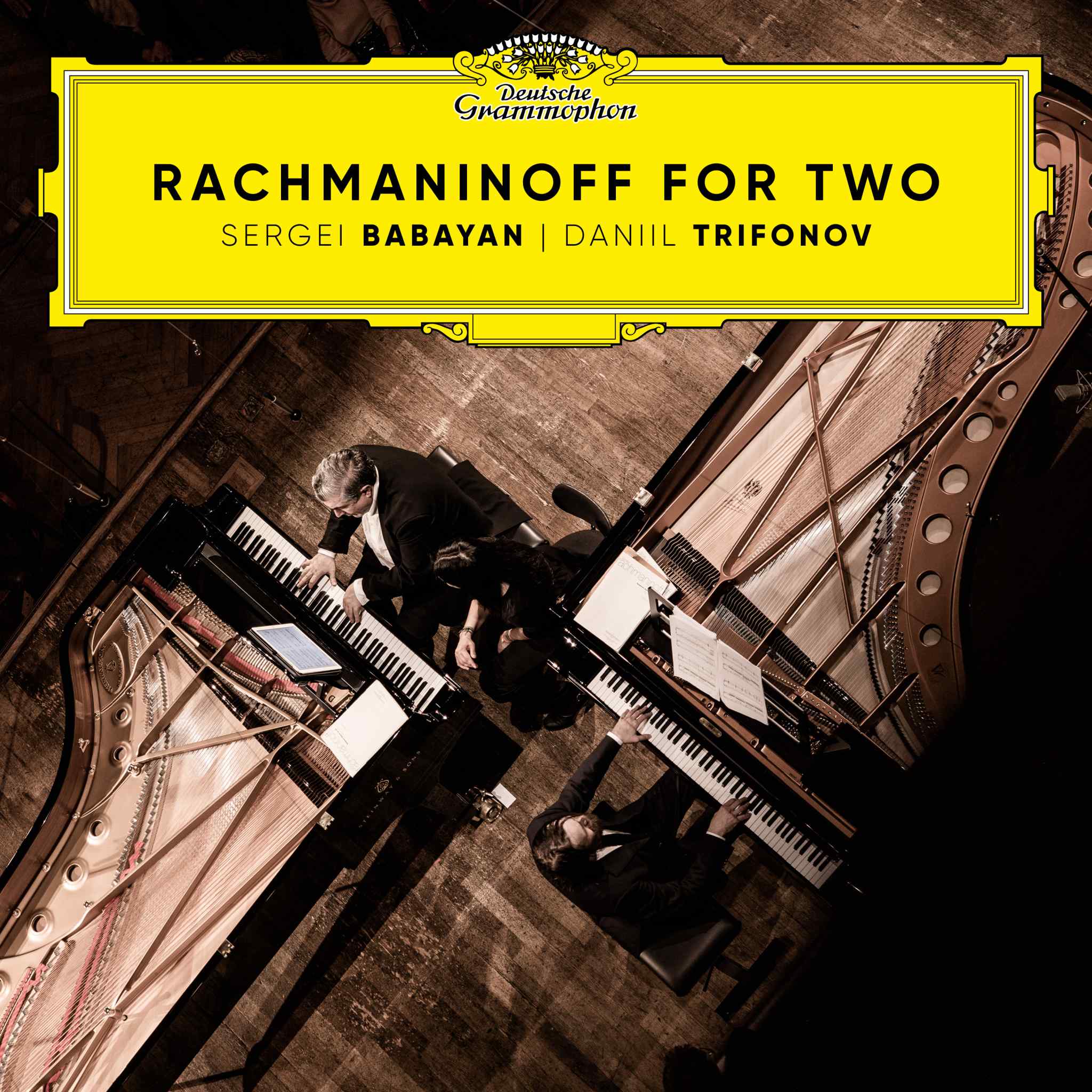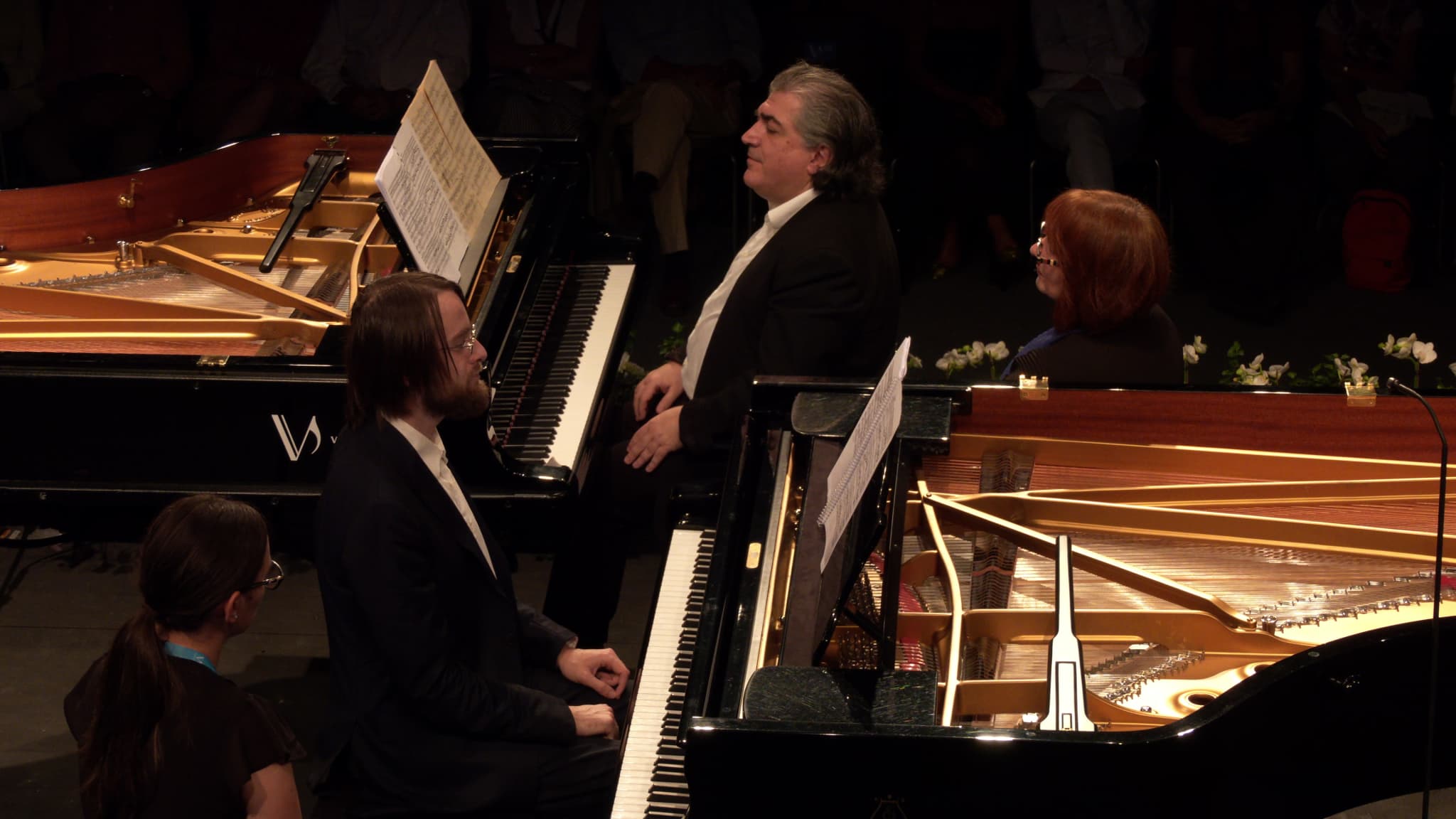Album insights
Während im 19. Jahrhundert die Werke von Henri Vieuxtemps größere Popularität als die von Wolfgang Mozart genossen, war Mozarts Ruf dennoch gesichert, beruhte aber auf einem begrenzten Repertoire. Erst mit dem Beginn des 20. Jahrhunderts wurden zahlreiche bedeutende Kompositionen Mozarts als wahre Meisterwerke anerkannt. Gleichzeitig verschwand Vieuxtemps’ Name zunehmend aus den Programmen der Orchester, obwohl seine Musik unter Geigern weiterhin hohes Ansehen genießt. Vieuxtemps' Stil ist stark von der Klassik in Paris und Wien geprägt und trägt deutlich die Handschrift Beethovens. Die Geigerin Hilary Hahn hält sowohl Vieuxtemps’ viertes als auch Mozarts fünftes Violinkonzert für zentrale Werke ihres Programms, da sie für sie das reiche Erbe der klassischen Musik verkörpern und auf der Bühne Raum für zeitlose musikalische Dialoge schaffen.








